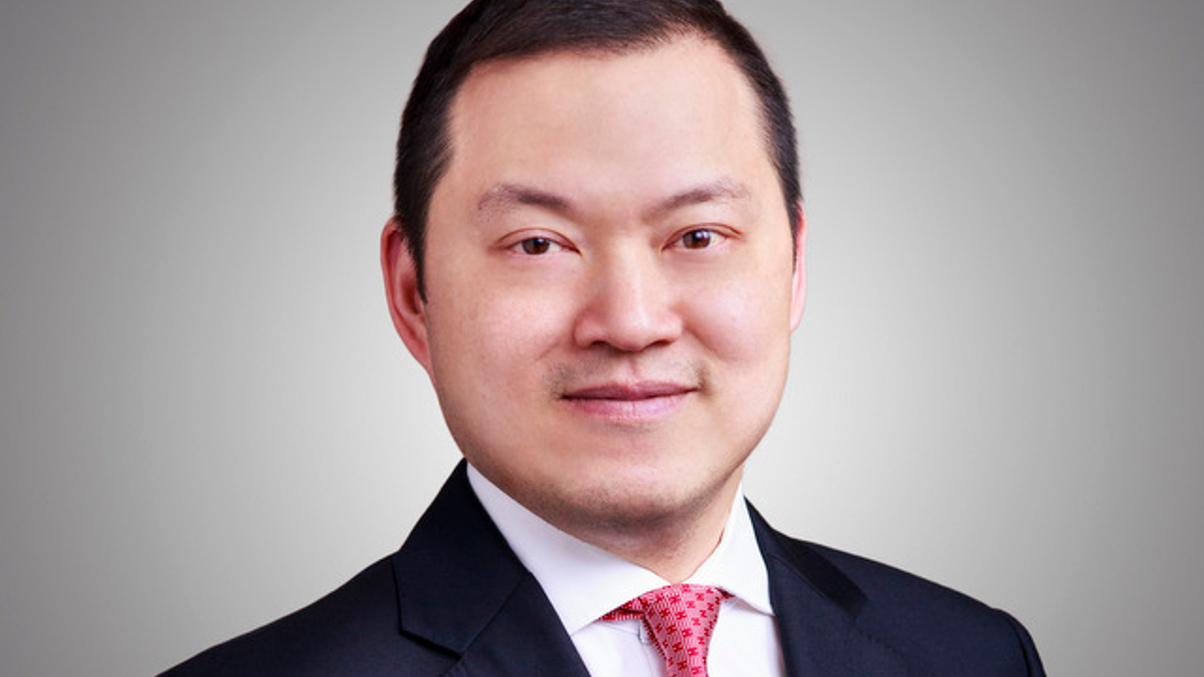HK fund executives want MRF rule changes
Asset managers point to changes they would like to see under the China-Hong Kong mutual recognition scheme to make it a more cost-effective business proposition.

Hong Kong-based asset managers want to see certain rules relaxed under the cross-border mutual recognition of funds (MRF) scheme with China, finds a survey by the Hong Kong Investment Funds Association (HKIFA).
Sign in to read on!
Registered users get 2 free articles in 30 days.
Subscribers have full unlimited access to AsianInvestor
Not signed up? New users get 2 free articles per month, plus a 7-day unlimited free trial.
¬ Haymarket Media Limited. All rights reserved.


